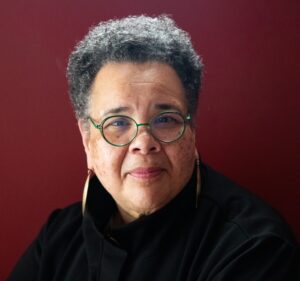Select an item by clicking its checkbox
(An audio recording of this blog may be found here.) Classroom spaces are places of intimacy and influence. Teaching is a human-to-human encounter. Course planning typically focuses on the many ways the academic content shapes, forms, and informs students. In our planning, what we too often underestimate, and under plan ...
(An audio version of this blog may be accessed here.) The rank of senior scholar is the highest and most revered. The hierarchy of the academy creates senior scholars by assigning newly minted faculty with the status of junior scholar, then over several years through a process of review, tenure ...
(An audio version of this blog may be accessed here.) As scholar/teachers, we must have and be able to articulate our intellectual project. It is good if it happens in the early career stages of a scholarly career, but it is never too late. A scholar’s intellectual project ...
To listen to this blog, click here. Those of us serving on faculties cannot escape the deep influence of the culture of the school upon our scholarship. Where you teach has as much to do with your scholarly formation as what you teach. The location of the doing of your ...
To listen to this blogpost, click here. Gray. The fog, thick and dreary, descended in late December. In early January, the artic blast assaulted with negative temperatures prolonged over consecutive days. Unrelenting gray. Consuming gray. Days of gray have now turned into weeks of gray. Relief from ice and snow ...
